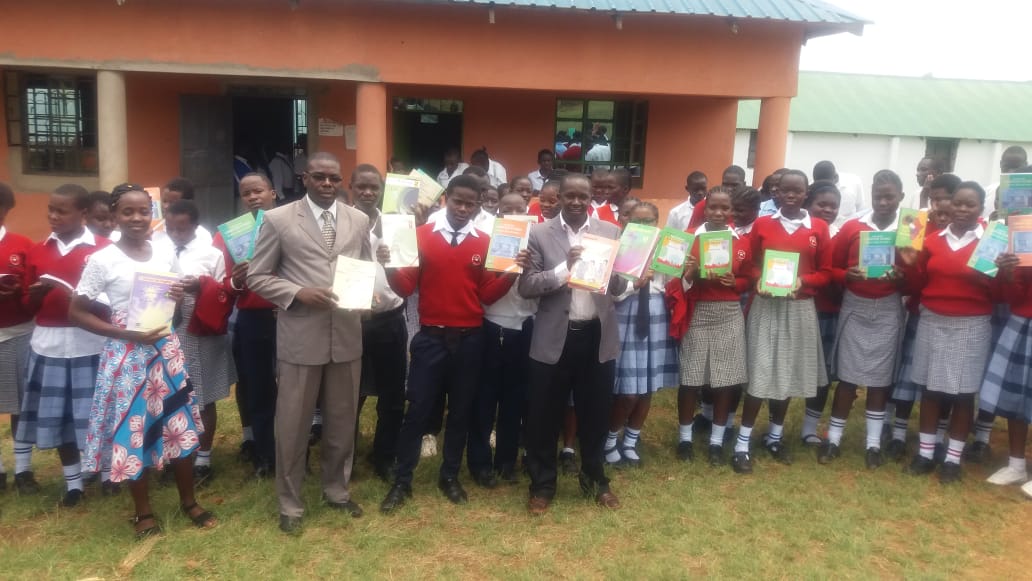Photo: Imprezza School in ‘normal’ times
As the pandemic continues, here’s a brief update of what’s been happening within the communities we know and the partners we work with in Kenya, and the affect on our work. With schools closed for so long and only recently partly reopening, children were at home for many months with little to no food and without the security that school offers them. This lack of safety is particularly pertinent to girls.
“We are seeing large numbers of reported violence against children, child marriage, child pregnancy, and child labor,” said Marilyn Hoar, UNICEF’s education chief in Kenya. Some 1.6 million children rely on school meals that stopped in March, she added.
Fortunately, our partner Imprezza, were able to provide food to children whilst they were in the community and teachers were visiting them to supply and collect course work. Sadly, they did find some student safety concerns, including at a nearby school where 15 girls between 12 – 15 years old had become pregnant. With the support and help of the local chiefs, they were able to arrange for those most vulnerable children to stay and sleep in school. However the government guidelines for schools is ever changing and Imprezza as well as all other schools have to remain flexible with their schooling and accommodation arrangements.
We too, have had to make compromises in this difficult time. It’s taking longer than expected to set up pad projects in the communities as local people are dealing with huge virus related challenges. Also, travel restrictions have meant we have not been able to take pads to Kenya this year. However we’re hopeful for 2021, and so we’re still collecting pads and working hard to ensure that we can progress full steam ahead with seed funding small businesses as and when the pandemic eases.

